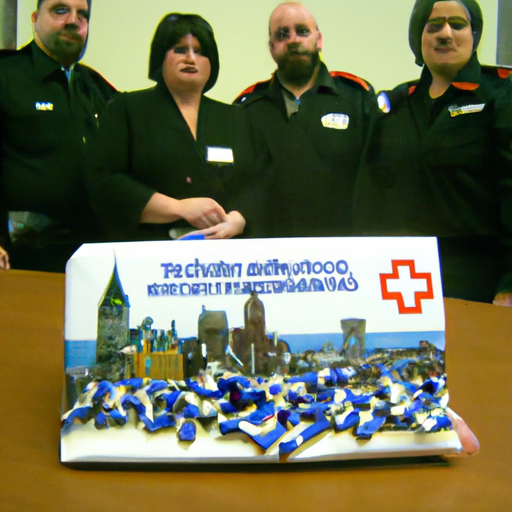The Contrasting Responses to the Opioid Crisis: Several Montreal Boroughs Ban Employees From Administering Naloxone
We find ourselves at a critical juncture in history as we grapple with the escalating opioid crisis. Recently, in response to the rising number of opioid overdose deaths, substantial efforts have been made to introduce lifesaving measures such as the provision of Naloxone kits. However, a recent development in Montreal sheds light on how disparate and even conflicting these measures can be.
The Good, The Bad, and the Critically Important
Naloxone, a drug used to counteract the effects of opioid overdose, has proven indispensable in saving lives in the face of a surge in opioid overdoses. A move to arm public service employees, such as librarians and security personnel, with naloxone kits received widespread approval. Still, in a surprising twist, several boroughs in Montreal have barred their employees from administering the drug, citing training and scope-of-work issues amongst other reasons.
This turn of events illustrates a concerning ambivalence in our response to the opioid crisis.
Key Points to Consider:
-
While it’s true that naloxone administration requires specific training, educational initiatives to combat the opioid crisis should take precedence over bureaucracy. A potential life saved outweighs any hassle of training.
-
Refusing to allow employees to administer naloxone might be an unintended signal that we are not ready to fully confront the opioid crisis. This unwillingness can exacerbate the stigma associated with opioid abuse, making it even harder for those struggling to seek help.
-
Nonetheless, adopting widespread naloxone training and administration is not a silver bullet solution to the opioid crisis. It is merely one of several strategies needed to navigate this complex issue. Comprehensive approaches that incorporate prevention, education, treatment, and support for affected individuals and communities need to be a part of the broader plan.
The Naloxone Debate Sparks a Localised Opioid Class Action
The decision to prohibit certain employees from administering naloxone led to an unfortunate situation, sparking a localized kind of opioid class action. This controversy, highlighting the lethality of the opioid crisis and the urgent need to take decisive action, forced the policy into public discourse.
The conflict also underscored the tensions between measures to alleviate immediate life-and-death situations and those aimed at addressing the root causes of opioid addiction. Both require simultaneous attention, a challenge that demands our collective commitment, creativity, and compassion for solutions to effectively mitigate the crisis.
The Impact of the Policy on Homelessness and Crime
Undeniably, opioid addiction has had severe repercussions on communities across Canada, among them the vulnerable homeless population and an increase in crime rate. These risks and costs make it even more critical for us to adopt effective measures, such as naloxone, to combat the opioid crisis and limit its adverse effects on society.
Closing Thoughts
The ban on employee-administered naloxone in several Montreal boroughs has sparked an important conversation that underscores the gravity and complexity of the opioid crisis. We cannot afford to let our efforts be hampered by logistical and administrative hurdles. Urgent action is needed now, more than ever, to confront this health crisis whose cost, in human lives and societal impact, is rising daily.
We must strike a balance, ensuring both immediate and long-term strategies are equally prioritized to prevent further damage from the opioid crisis. Let these challenges not deter us but spur us to devise innovative solutions, rooted in compassion, understanding and a fierce dedication to safeguard our communities.
